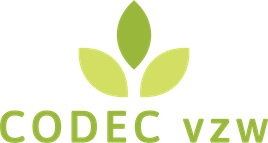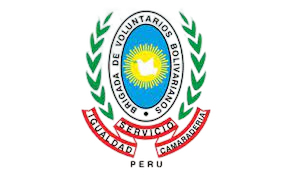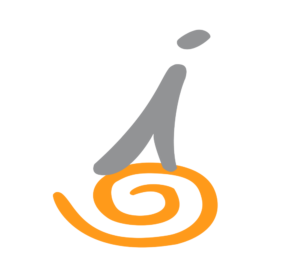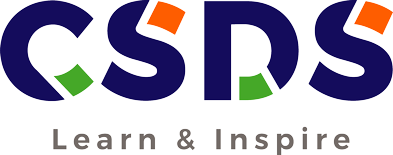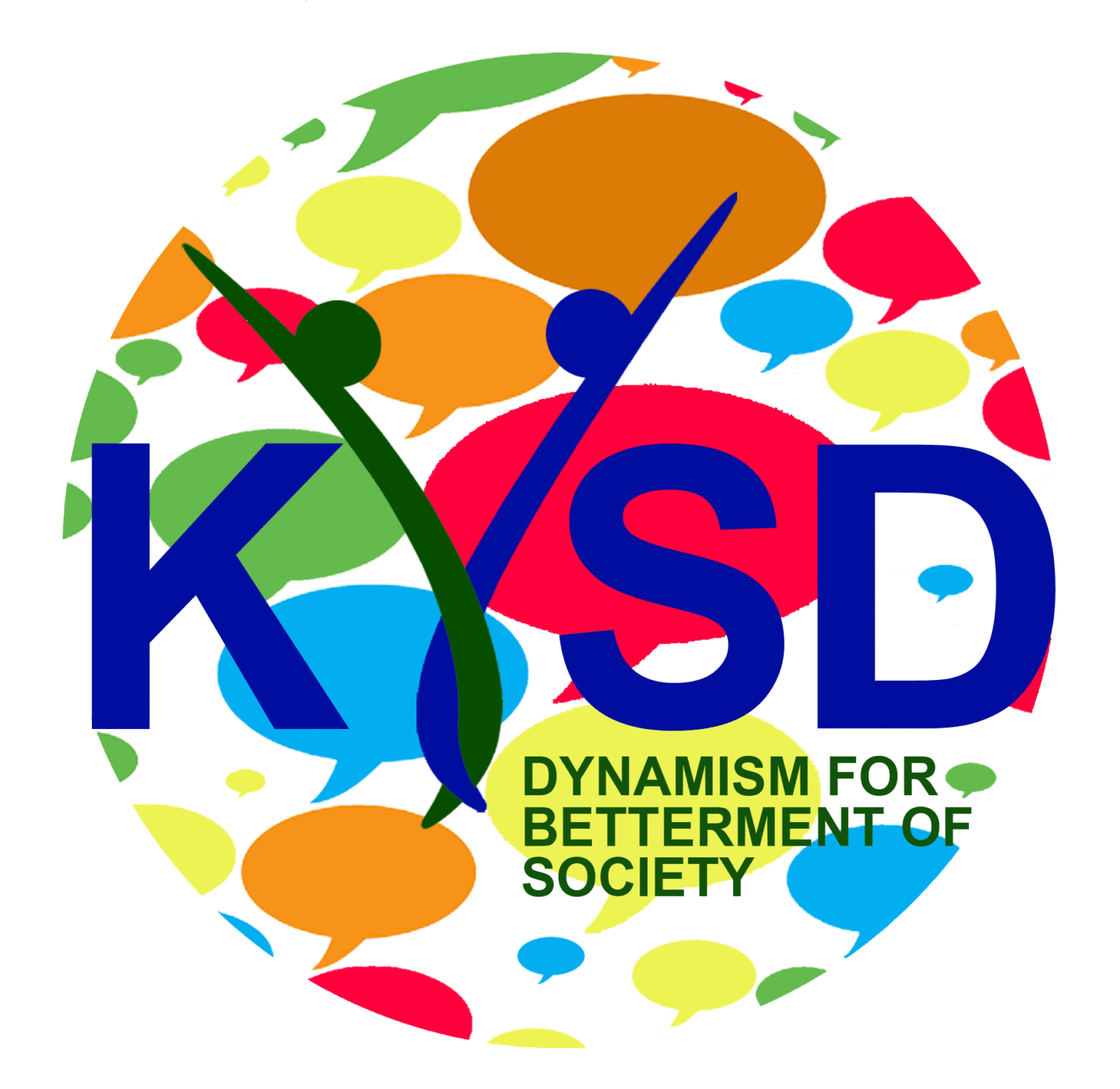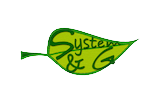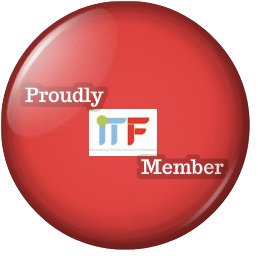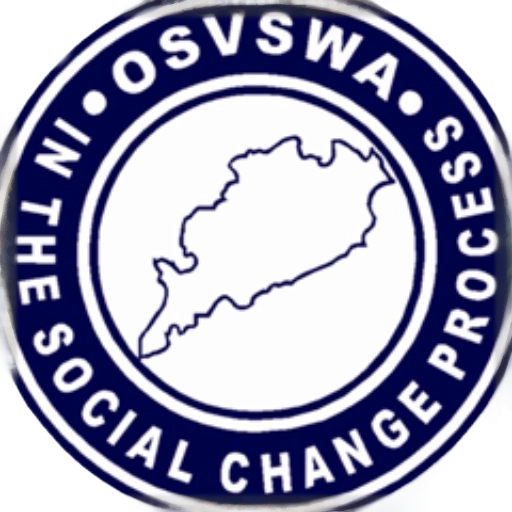Partners
Let’s take a look of the impressive partners who have been working with us.
Partners organization educational approaches to promote and support sustainable living

KYSD
KYSD Cambodia’s approach to promoting sustainable living and learning involves providing experiential learning opportunities for young people. One of their core activities is the “Trip to Green,” which aims to educate youth about the connection between nature and the local community.
Through this approach, KYSD Cambodia provides young people with hands-on learning experiences that allow them to see the impact of their actions on the environment and the community. By engaging in activities such as tree planting, waste management, and environmental conservation, young people can develop a deeper understanding of the importance of sustainability and how they can contribute to a more sustainable future.
OSVSWA
The organization focuses on promoting sustainable development and improving the lives of marginalized communities. One of their major projects is the “Views from the Frontline” study on the impact of climate change.
The educational approaches used in this project are non-formal, which means they do not follow traditional formal education methods. The project includes the development of needs assessment formats to collect need-based information, focus group discussions, and the creation of learning materials for capacity building training for poor and marginalized communities.
The organization publishes white papers, journals, and newspaper articles to share project findings with a wider audience. This approach helps to raise awareness of climate change impacts on marginalized communities and encourages collective action to address these issues.
Ongoing major projects (Link: https://www.osvswa.org/major2009.php)
Plan Be Plan It Be It
One of the main working areas of the organization is upcycling and sustainability. Some examples are the creations of clothes, furniture, jewelries and street art from reusable materials through educational workshops. During the whole year members of the organization are visiting schools and other NGOs to promote actions on greening youth work and sustainability. Also the organization participates, with an information kiosk, at the youth festival of the national Youth board and at other events.
So far, PlanBe has sent more than 600 Cypriots participants in a project abroad representing Cyprus and have implemented 27 projects, hosting more than 787 participants from abroad on topics related with sustainability and greening youth work.
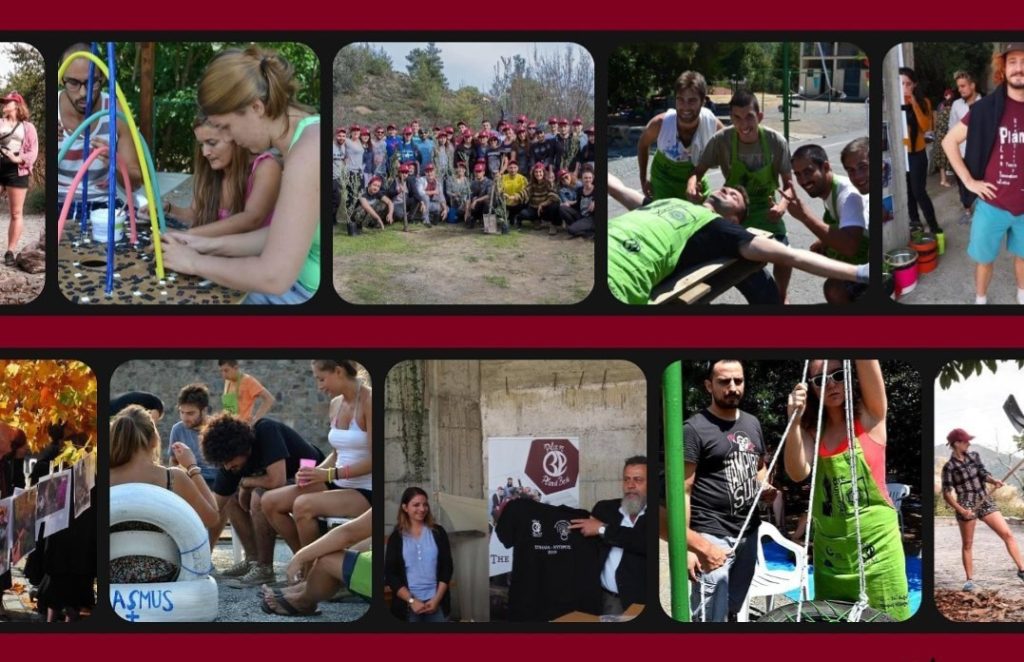

System and G
They create small vegetable gardens in the city where people cultivate their own food using local seeds and organic farming with compost. They run educational programs, seed production adoption, open farms, and organic farming festivals with the help of volunteers from the European Solidarity Corps program, supported by the EU. The main objective is to familiarize children with traditional seeds, their journey from field to plate, and the importance of preserving biodiversity and food safety. Children participate in experiential workshops, planting and decorating their own seasonal vegetable pots to take home and care for.
Geoclube
The organization has a specific department called GeoNatureza, which focuses on promoting eco-consciousness among young people. Through this department, Geoclube aims to celebrate youth while also encouraging them to take an active role in protecting the environment. The GeoNatureza department had its prime in 2020, but Geoclube is now making a conscious effort to bring it back and continue its important work. The organization recognizes that promoting eco-consciousness among young people is crucial for creating a more sustainable future.
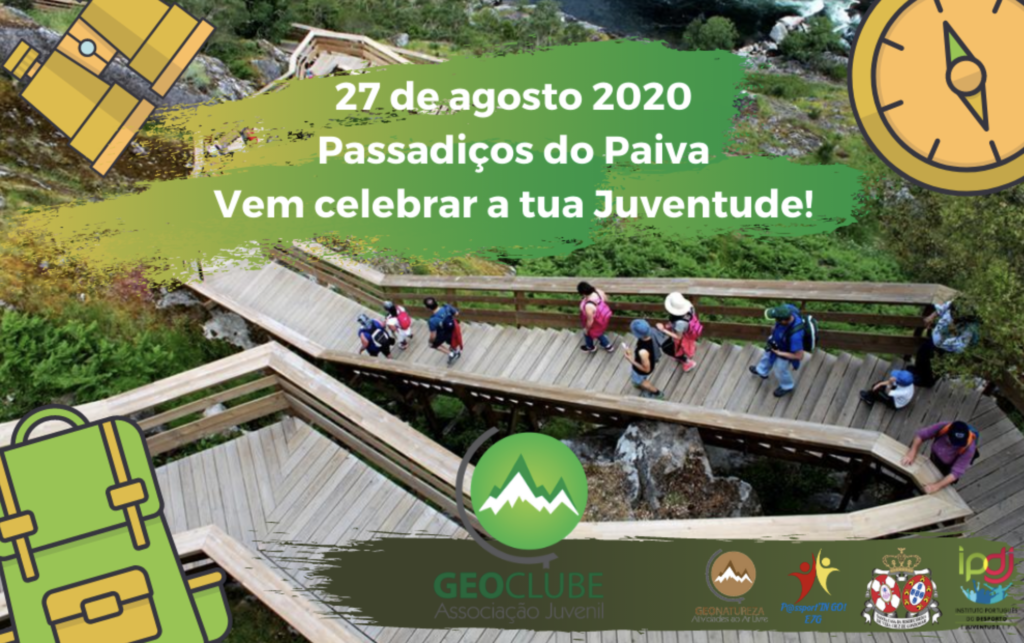
CODEC
#GoGreen – Youth Navigator (https://www.gogreenyouthnavigator.net/) is bridge 2 programme objectives– to support awareness raising on the environmental and climate goals and taking up innovative practices in a digital era. The project’s main aim thereafter is to contribute to the just and inclusive transition to sustainable living through empowering the youth work sector across the globe to raise awareness on environmental issues by personal example and digital tools – the language of young people. The specific objectives are: 1. To build the capacity of consortium and foster networking and cooperation of the youth work sector on a global level in terms of environmental-responsible and sustainable living education; 2. To provide participating youth workers with knowledge, skills & attitudes necessary for sustainable living education and support their professionalization in the area; 3. To build enabling environment for creating together best practices on how youth workers can be themselves ambassadors of sustainable living;

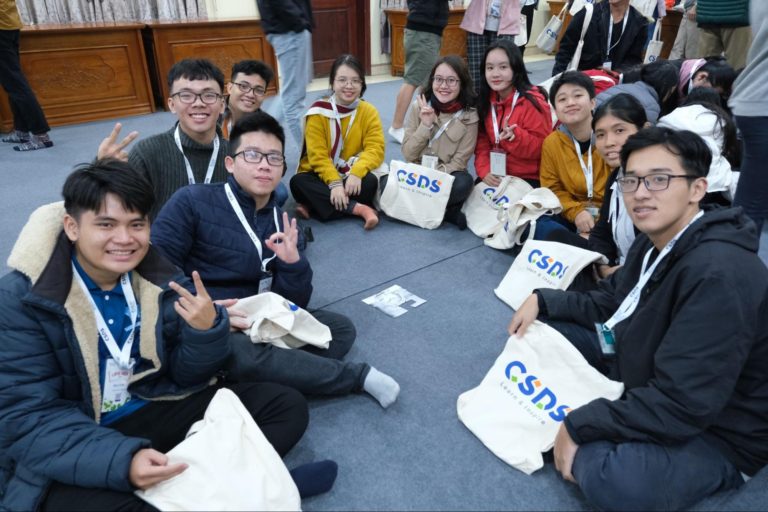
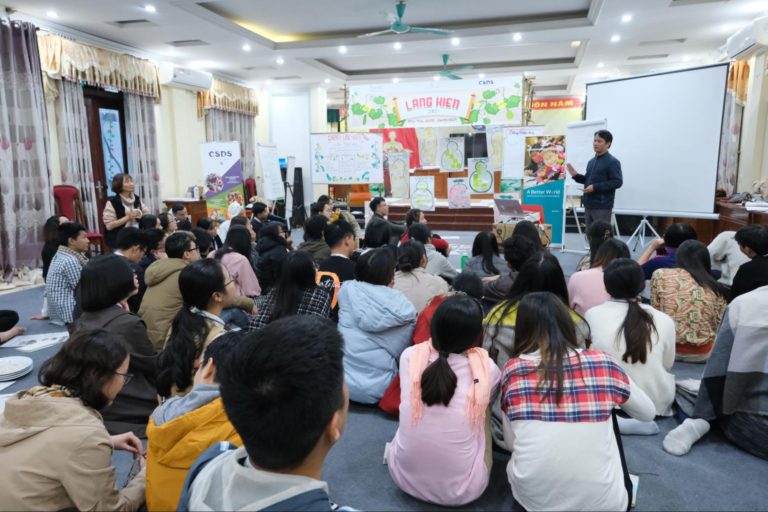
CSDS
CSDS has been using non-formal education as the main approach in raising young people’s awareness and enhancing their engagement in social responsibility including sustainable developments. Series of workshops have been delivered online and offline where you people find a place for them to raise their voice and get empowered. Seed grants have also been granted to almost hundreds of youth clubs in order for them to be able to recognize their initiatives regarding community development and sustainability. Setting examples is also one of the key methodologies that CSDS has been effectively using.
ITF
ITF is an organization that is dedicated to promoting sustainable living and learning. One of the ways that ITF achieves this goal is by providing experiential learning opportunities for young people through their various projects. In this chapter, we will explore three of these projects: A Water Kiosk at School, City Water, and the Jijenge Kijana Fund.
-A Water Kiosk at School This is a school-based and students-managed business designed to sell clean tap water to community residents at an affordable price; a sustainable business model that pre-finances a community school in order to set up an on-site water kiosk with specially designed and sustainable products.
-City Water – Nairobi City Water encourages people to drink tap water using reusable bottles for a cleaner, healthier and more sustainable world. Nairobi City water is registered as a commercial entity whose proceeds from sales go into financing city clean ups and creating access to clean drinking water.
-Jijenge Kijana Fund – The Jijenge Kijana fund is a youth livelihood pathway offering micro-credit and micro-saving training enabling ITF members to engage in productive and stable livelihoods to generate increased income to lift them out of poverty.
This fund was established by ITF to support entrepreneurial efforts of the youth. It was introduced in March 2015 as a livelihood pathway by offering micro-credit to ITF members to start up productive and stable means of livelihood. The micro-credit was
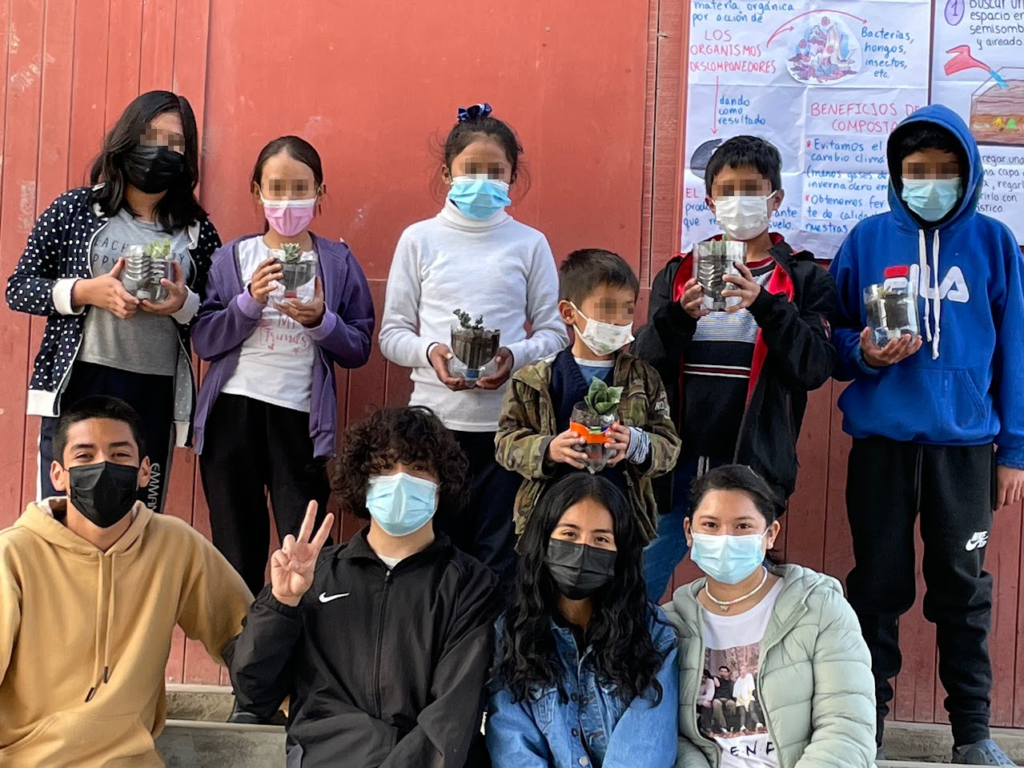
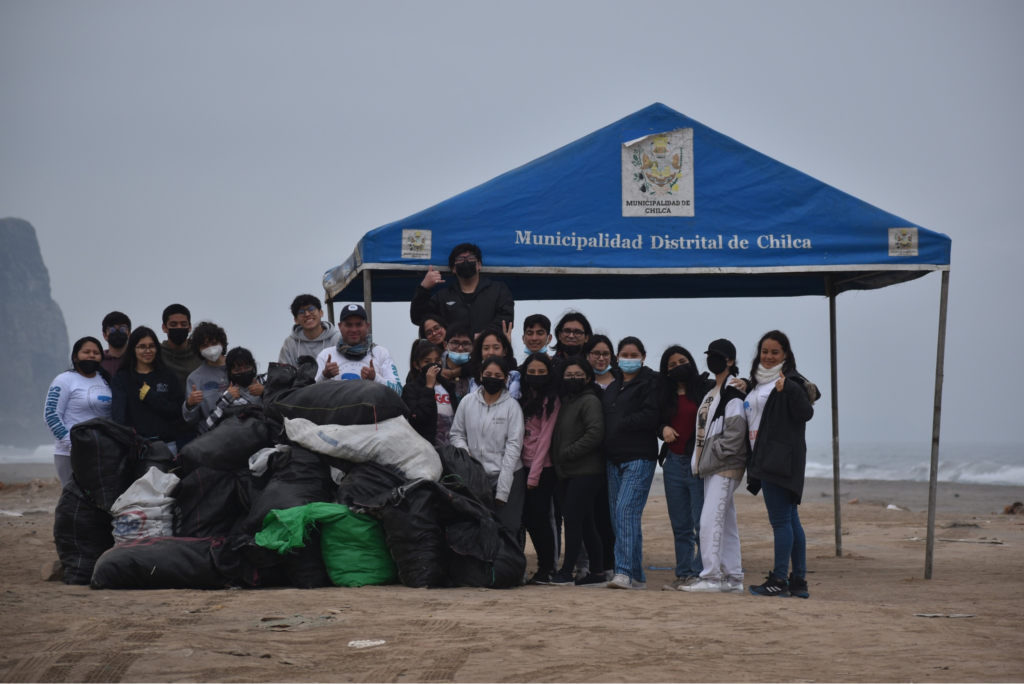
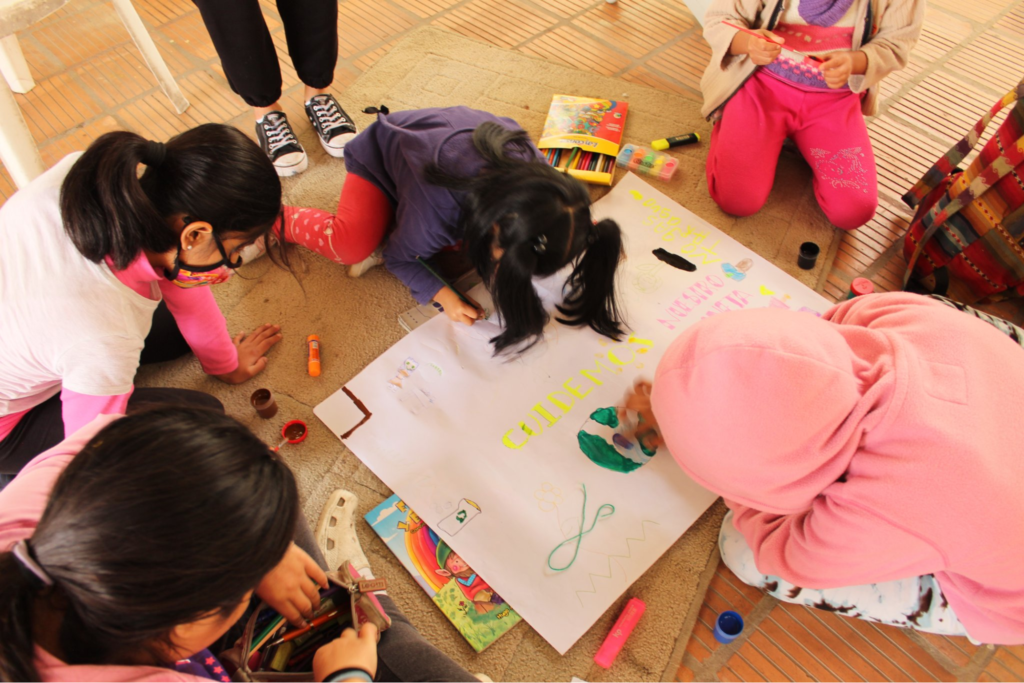
BVVP
We do this to grow environmental consciousness and for people to be able to live more sustainable lives, know their options and support their own community. Our approach is to share knowledge and grow their interest in this topic through workshops with young people in different communities, for example schools, prison, people in poverty, where they can learn and replicate this with other people as well.
- “Girls for the care of the environment” in the “Nazareth” home. The workshop developed the environmental sensitivity of the girls to generate a change of attitude in the care of their environment.
- “Recycling, composting and waste segregation workshop” at the I.E Santa María Reyna. This aimed to raise awareness among young people about environmental protection, teach waste segregation efficiently, show how you can recycle creatively and learn about the composting process and its importance.
- We worked with our ally RedMarina Peru Organization, Pilot Project for the Conservation of the Coastal Marine Habitat of the Humboldt Current. Together we carried out the “Extraction of pollutants” product of the anthropogenic impact (mostly plastic waste), 350 kg in total, cleaning this place full of biodiversity
INCO
Summary of Youth Environmental Projects:
“Zero Waste: the impact of our choices”: A youth exchange in Trento involving participants from Cyprus, Croatia, Catalonia, and Italy. They discussed the environmental impact of daily choices, such as food, clothing, transportation, and personal care, and shared practices to reduce their environmental impact.
“Polar Positives”: A youth participation project bridging environmental actions and perspectives between northern and southern Italy. Young volunteers from Trentino and Puglia engaged in research, created podcasts and promotional content, and developed interactive maps to address local environmental issues.
“Go Green – Youth Navigator”: A strategic partnership project involving associations from Belgium, Cyprus, Portugal, Slovenia, Greece, and Italy. It aimed to raise awareness of environmental and climate goals among young people through digital tools and support the implementation of the European Green Deal.
“Tap Revolution: a simple solution to plastic pollution”: A project in Trentino focused on promoting sustainable production and consumption patterns, recycling, and responsible consumption. It involved creating a network of sustainable merchants, conducting training courses for various groups, and raising awareness through campaigns and activities in the community.

4evergreen is proudly powered by WordPress
